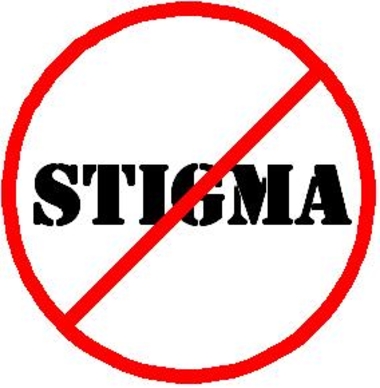Don’t let stigma hold you hostage

by Mary Turner
HIV/AIDS Health Columnist
Depression is one of the most common psychological disorders in the United States, but it is also one of the most treatable. It is characterized by extreme feelings of dejection and a loss of joy in things that once brought joy.
Depressed people often complain of fatigue, physical pain and a mental fog that makes thinking and decision making difficult and sometimes impossible.
Untreated, depression can become a life-threatening disorder. Having major depression is kind of like being dropped down into a deep, dark hole with no visible way to escape. Even though escape may be within reach, the person can only look up through the darkness to see a faint glimmer of light that is too far away to get to.
Without an intervention, the person will usually lose all sense of hope and just die or commit suicide to escape the pain. Those persons who are HIV+ face an increased risk of developing depression which can complicate their lives and treatment. Having solid social support networks are just as important as having access to quality medical care.
Because depressed people often struggle to make good decisions for themselves, they tend to engage in more high risk behaviors. Sometimes, these behaviors help them feel connected to others and sometimes the behaviors help them numb the pain they experience. They may forget to take their medications as they should or they may rebel against treatment because they don’t see a point to it.
However, treatments for depression are effective if the person will begin and adhere to them. There are antidepressants that can be used in conjunction with various HIV treatment regimens; most people respond well to psychotherapy (talk therapy) with or without medication.
Maintaining one’s physical health is important, so improving hydration and nutrition can be key components to becoming healthier, as is getting adequate sleep. Moderate daily exercise is also beneficial. Finding a purpose in life is also helpful; many people with depression benefit greatly from engaging in volunteer or mentoring activities to help others.
As the symptoms of depression are better controlled, the person is better able to successfully participate in the treatment plan for HIV. The stigma and shame of HIV infection that still exists today can make the HIV+ person withdraw from friends and family. It is important for these key people to educate themselves about HIV and depression and to reassure their loved one that neither the virus nor the psychological disorder defines him/her as a person and that their love and support are unconditional.
With the right kind of support and resources, the person living with HIV and depression can remain healthy and active for many years.
As we enter spring, a season marked by warmth, rebirth and renewal, commit to living each day to its fullest and to helping others do the same.
_
Copyright 2017 The Gayly -3/30/2017 @ 8:25 a.m. CDT





